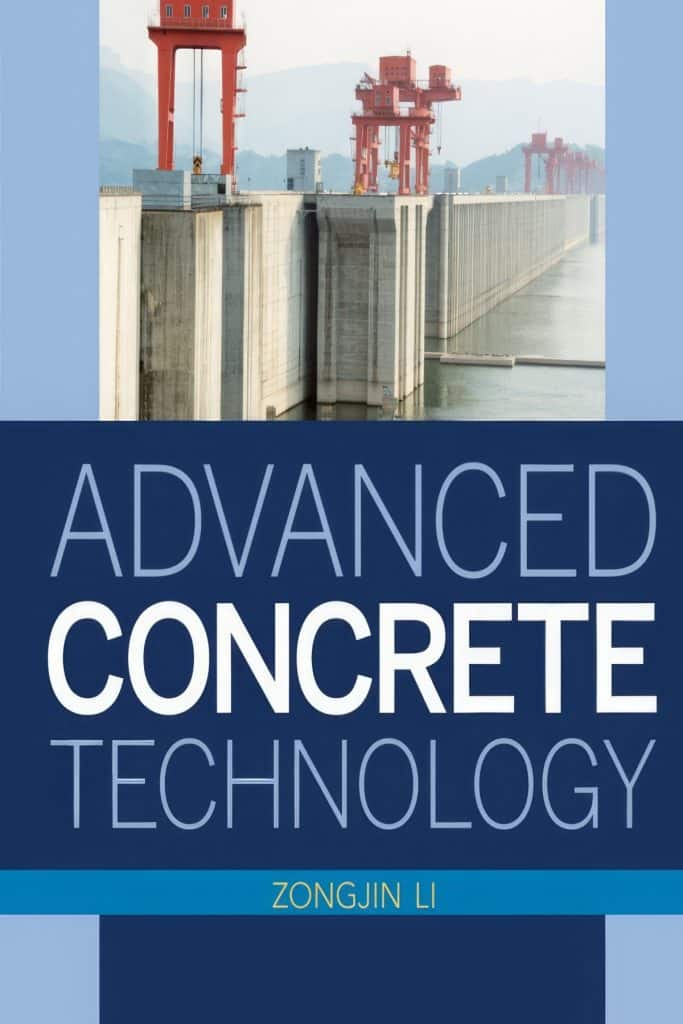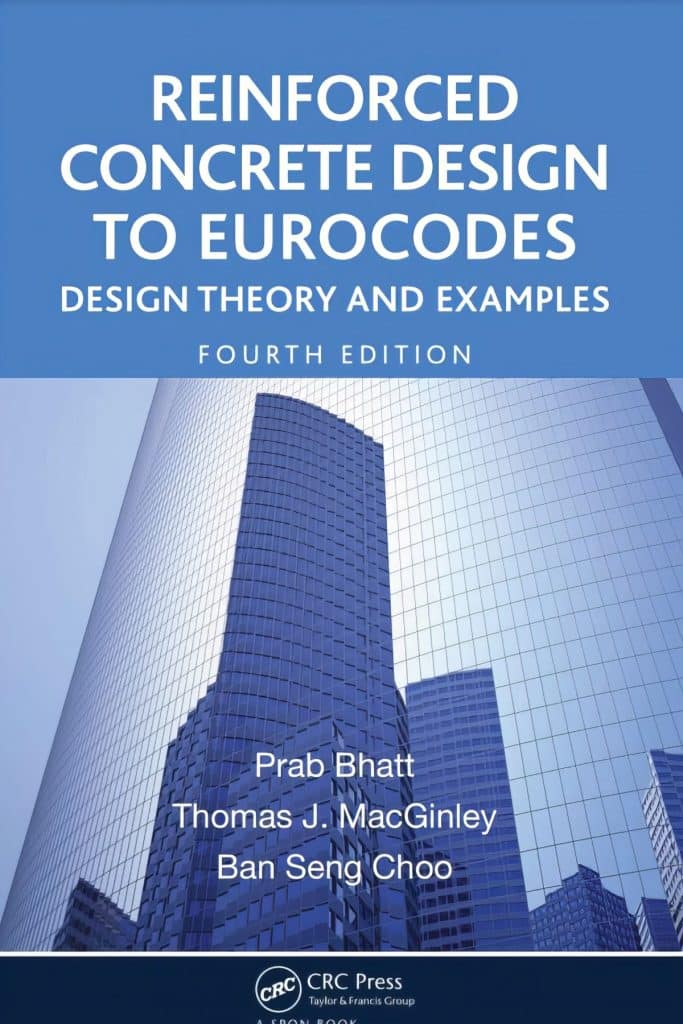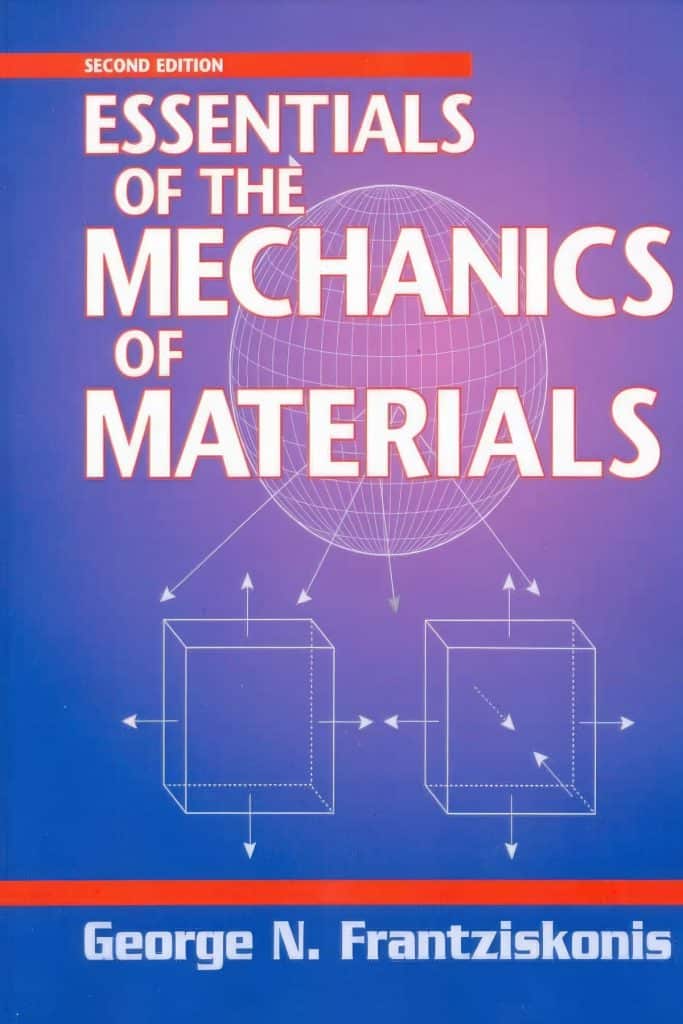The study of applied strength of materials lies at the heart of structural and mechanical engineering. The textbook Applied Strength Of Materials 6th Edition Pdf For Free has become a reliable resource for students, engineers, and professionals looking to master fundamental concepts like stress, strain, torsion, and deflection. This edition provides both theoretical explanations and practical problem-solving approaches that align with modern engineering applications. Understanding the concepts in this text is critical for fields ranging from civil and mechanical engineering to aerospace and materials science.
The 6th Edition focuses on building problem-solving skills through examples, illustrations, and end-of-chapter exercises. Its accessible format makes it particularly useful for undergraduate students, while its technical depth appeals to practicing engineers. With increasing demand for efficiency and safety in structural design, this resource plays a vital role in bridging classroom theory with real-world applications.

Here’s a short video explaining various beam types and how each one carries loads.
Historical Background of Strength of Materials
The discipline of strength of materials dates back to early scientific studies of mechanical behavior. Great minds like Galileo and Euler developed initial theories of elasticity and beam bending. Over time, advancements in mechanics of materials evolved alongside industrial and technological growth, shaping the foundation of modern engineering standards. Today, textbooks such as Applied Strength Of Materials 6th Edition Pdf For Free consolidate centuries of research into structured educational content that supports contemporary engineering challenges.
This historical evolution reflects the integration of physics, mathematics, and material science into a unified framework. From wooden bridges of the past to steel skyscrapers of today, the knowledge of stress analysis and material behavior remains timeless.
Core Principles Covered in the 6th Edition
The Applied Strength Of Materials 6th Edition Pdf For Free introduces several essential principles that every engineer must master. Key topics include:
Stress and Strain
Understanding stress and strain is fundamental in predicting how materials respond under loads. The text explains tensile, compressive, and shear stresses with clarity, supported by worked examples that demonstrate calculation methods.
Elasticity and Hooke’s Law
Elasticity is described through Hooke’s Law, which relates stress and strain in linear elastic materials. This concept is critical in design applications where materials must return to their original shape after load removal.
Torsion of Shafts
Practical problems in torsion highlight the behavior of circular shafts subjected to twisting forces, an area important in mechanical components such as axles and drive shafts.
Bending of Beams
The edition gives detailed coverage of beam bending theory, including shear and moment diagrams. Engineers use these tools to analyze structural members in bridges, buildings, and machinery.
Deflection and Stiffness
The study of deflection ensures that structures not only resist failure but also remain serviceable. Excessive deflection can impair functionality, making this a vital part of design.
Explore engineering concepts in : Applied Strength Of Materials Pdf For Free
Applications in Civil Engineering
In civil engineering, the principles from Applied Strength Of Materials 6th Edition Pdf For Free are applied to the design of buildings, dams, and transportation systems. For example, analyzing bending stresses in reinforced concrete beams ensures that structures withstand load demands without collapsing. Engineers rely on standardized methods and codes like ACI (American Concrete Institute) and AISC (American Institute of Steel Construction), both of which are referenced throughout the educational framework provided by such texts.

Applications in Mechanical Engineering
Mechanical engineers frequently consult strength of materials principles for components like gears, shafts, and pressure vessels. The 6th Edition explores torsional stresses, fatigue, and safety factors to ensure machines function efficiently under dynamic conditions. From automotive to aerospace industries, the insights from this book assist in creating durable, lightweight, and safe mechanical systems.
Structural Design Codes and Standards
The application of theories from the Applied Strength Of Materials 6th Edition Pdf For Free is often guided by industry standards. International codes such as Eurocode, ASME Boiler and Pressure Vessel Code, and ISO standards provide the framework within which engineers apply these concepts. By following established safety margins, engineers ensure structures can resist not just typical loads but also unexpected conditions like earthquakes and wind forces.
Problem-Solving Approach in the 6th Edition
One of the strengths of this book lies in its structured problem-solving methodology. Each chapter introduces a concept, followed by worked examples that apply the theory to real-world scenarios. For instance, when studying stress concentration, the text guides readers through calculations involving notched bars and holes in plates, helping learners visualize how design features affect load capacity. This hands-on approach reinforces understanding and prepares readers for professional problem-solving tasks.
Check out our guide on : Strengthening Of Concrete Structures With Adhesively Bonded Reinforcement Pdf For Free
Material Properties and Behavior
A significant portion of the Applied Strength Of Materials 6th Edition Pdf For Free is dedicated to understanding material properties such as elasticity, plasticity, toughness, and creep. Engineers must carefully select materials based on their response to environmental factors, temperature changes, and repeated loading. For instance, steel’s high tensile strength makes it ideal for bridges, while aluminum’s light weight benefits aerospace applications.
Integration of Computational Tools
Modern editions like the 6th Edition integrate computational techniques to complement manual calculations. Software such as ANSYS and MATLAB are often referenced in practice, allowing engineers to simulate complex load conditions. These tools reduce errors, save time, and expand the capability to analyze advanced systems beyond classical methods.

Importance in Academic Curriculum
In engineering curricula, applied strength of materials is a foundational subject, usually taught early in undergraduate programs. This 6th Edition Pdf For Free serves as both a textbook and a reference guide, preparing students for advanced courses such as finite element analysis (FEA), structural dynamics, and materials science. Professors value the text for its structured pedagogy, while students benefit from its accessible explanations.
Real-World Examples and Case Studies
The book reinforces theory with case studies from industries worldwide. For example, bridge failures due to inadequate stress analysis highlight the consequences of neglecting proper design. Similarly, aircraft components designed with insufficient consideration of fatigue stress have led to costly failures. By studying these real-world applications, learners gain appreciation for the role of strength of materials in everyday safety and innovation.
Discover more about : Advanced Materials And Techniques For Reinforced Concrete Structures 2nd Edition Pdf For Free
Future Trends in Strength of Materials
As materials science advances, the scope of applied mechanics expands. Emerging fields like nanomaterials, composite materials, and biomechanics rely heavily on the same fundamental principles found in Applied Strength Of Materials 6th Edition Pdf For Free. Understanding how tiny structures behave under stress opens the door to revolutionary applications in medical devices, aerospace, and energy systems.
Educational Value for Engineers and Researchers
Beyond classroom settings, the book is a valuable reference for practicing engineers and researchers. For instance, a structural engineer designing high-rise buildings may use the principles of buckling and column stability, while a mechanical engineer developing robotics components benefits from insights into torsional rigidity. This broad applicability underlines the importance of the book across multiple disciplines.
Final Thoughts on Accessibility
Accessing the Applied Strength Of Materials 6th Edition Pdf For Free allows learners worldwide to engage with world-class engineering knowledge without barriers. With open resources becoming more common, students from developing regions can benefit from the same high-quality content as those in well-funded institutions. This democratization of education empowers the next generation of engineers to contribute to global progress.







